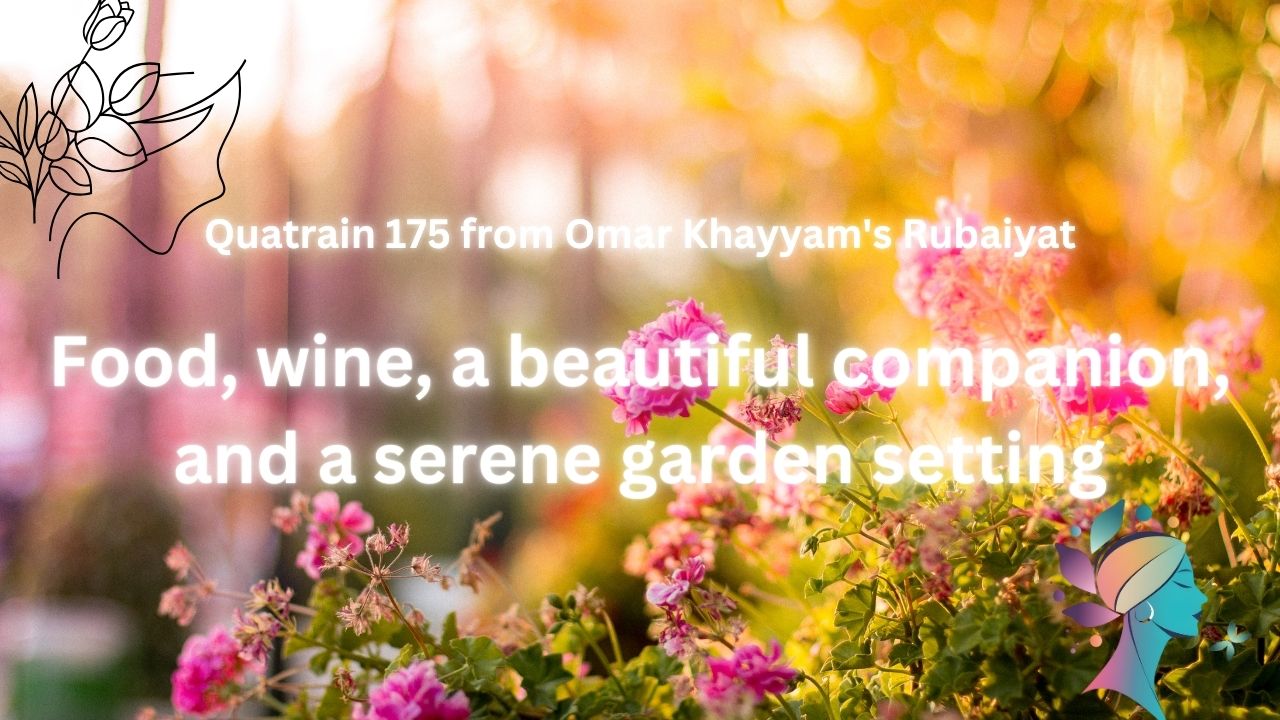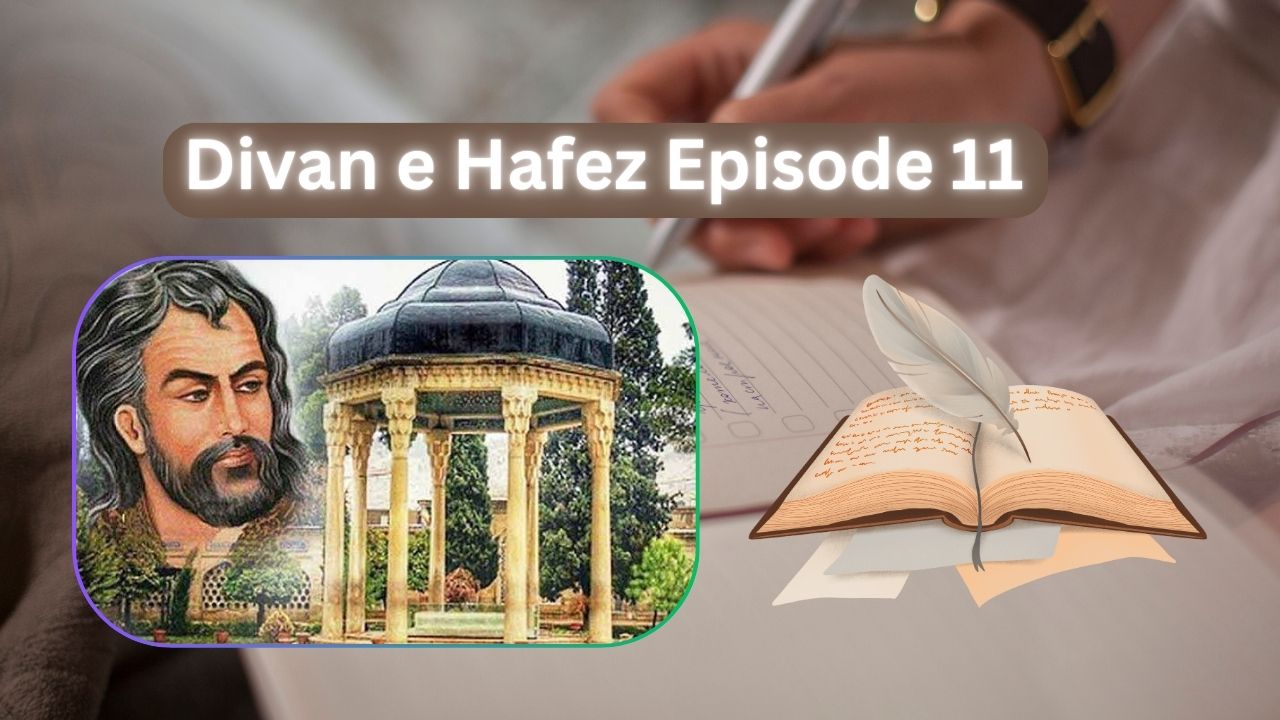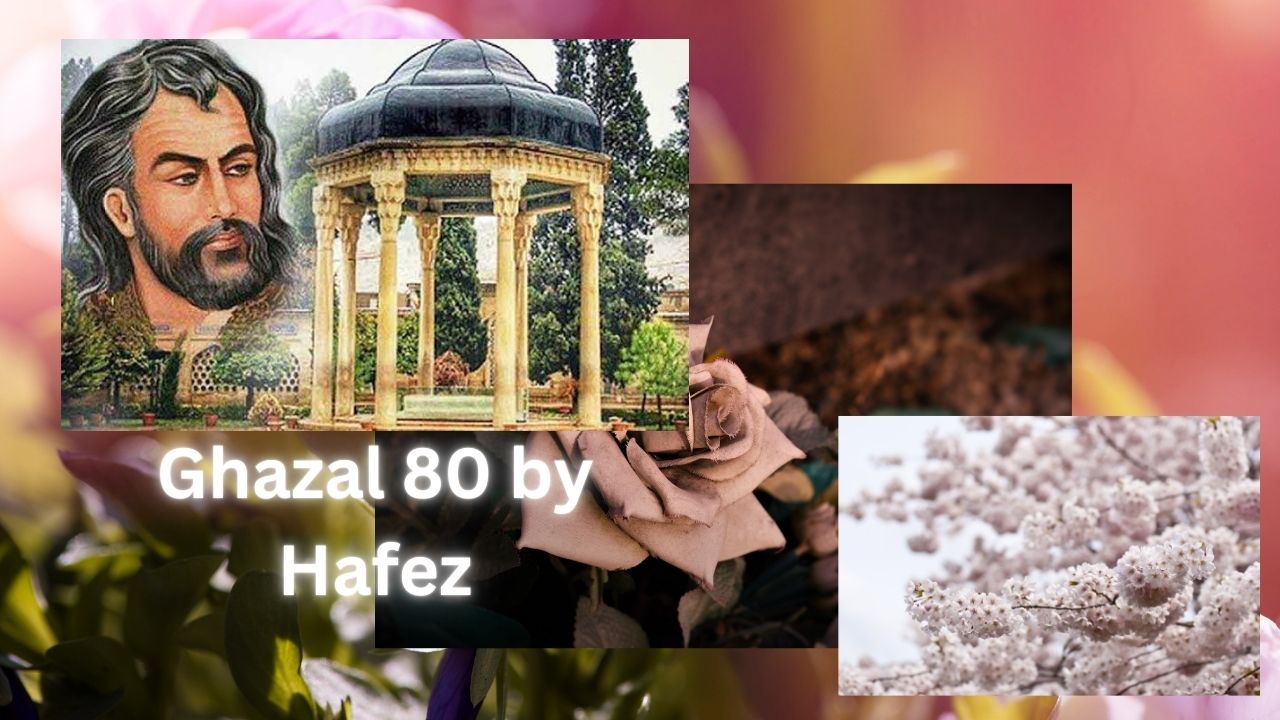Quatrain 175 from Rubaiyat of Omar Khayyam
Quatrain 175 from Omar Khayyam's Rubaiyat paints a picture of earthly bliss: Food, wine, a beautiful companion, and a serene garden setting. This simple yet profound verse suggests that such moments surpass the grandeur of kingship. Let’s explore deeper this Rubaei. We’ll begin with the original Persian poem, followed by a literal translation, and conclude with a brief analysis.
گر دست دهد ز مغز گندم نانی
وز می دو منی ز گوسفندی رانی
با لالهرخی و گوشه بستانی
عیشی بود آن نه حد هر سلطانی
English Translation:
If fortune grants a loaf of bread from wheat so fine,
And two gallons of wine and a leg from a sheep,
With a rosy-cheeked beauty and a corner of a garden,
Such a life would surpass the limit of any king’s.
Analysis of the Rubai
This quatrain by Omar Khayyám is a celebration of simple pleasures and a critique of the excesses of wealth and power. The poet crafts a compelling argument for a life well-lived, rooted in the fundamental human experiences of nourishment, companionship, and connection with nature.
The simplicity of the described scene—food, wine, a loved one, and a garden—stands in stark contrast to the opulent lifestyles of royalty. Khayyám suggests that true happiness and fulfillment are not found in material possessions or lofty titles, but in these essential elements. By elevating the ordinary to a state of sublime contentment, the poet invites readers to reconsider the priorities and values that govern their lives.
Furthermore, the rubai serves as a poignant reminder of the impermanence of life. The fleeting nature of existence underscores the importance of savoring the present moment and finding joy in life's simple pleasures. Through this powerful imagery and philosophical reflection, Khayyám's quatrain continues to resonate with readers centuries after it was written.
Deeper Meanings and Interpretations
Omar Khayyám’s quatrain is a rich tapestry of philosophical and existential themes. At its core, it is an embodiment of the carpe diem philosophy, urging readers to seize the day and savor life’s fleeting moments. The juxtaposition of the simple pleasures described in the poem with the extravagant lifestyle of a king underscores the futility of ambition and material wealth. The pursuit of power and possessions, the quatrain implies, is ultimately an empty endeavor that cannot match the genuine happiness found in simple, human connections.
The presence of a "rosy-cheeked beauty" in the poem serves as a powerful symbol of human connection and love. It suggests that meaningful relationships are essential to a fulfilling life. This emphasis on interpersonal bonds is a recurring theme in Khayyám's work and highlights the poet's profound understanding of human nature. Ultimately, this rubai is a celebration of a simple and meaningful life, rooted in human connection, gratitude, and a deep appreciation for the beauty of the world.
Possible Interpretations and Questions
The quatrain by Omar Khayyám invites multiple layers of interpretation. One intriguing aspect lies in the symbolism of the "two mans of wine." Does it simply refer to a pleasurable indulgence, or does it carry a deeper, perhaps metaphysical, significance? Wine has often been associated with inspiration, celebration, and even spiritual enlightenment in various cultures.
The imagery of the garden is another element worthy of exploration. Gardens are frequently used as symbols of paradise, tranquility, and the natural world. In this context, the garden might represent a harmonious and ideal state of being, a place of refuge from the world's complexities.
The poet's attitude towards wealth and power is a subject of ongoing debate. While the explicit comparison to a king suggests a critique of worldly ambitions, there is also a possibility that Khayyám is not simply condemning power but rather questioning its value in the face of life's essential pleasures.
This rubai offers a rich and complex exploration of the human experience, and it can be interpreted in many different ways. By examining the specific language and imagery used by Omar Khayyám, we can gain a deeper understanding of his thoughts and feelings.





